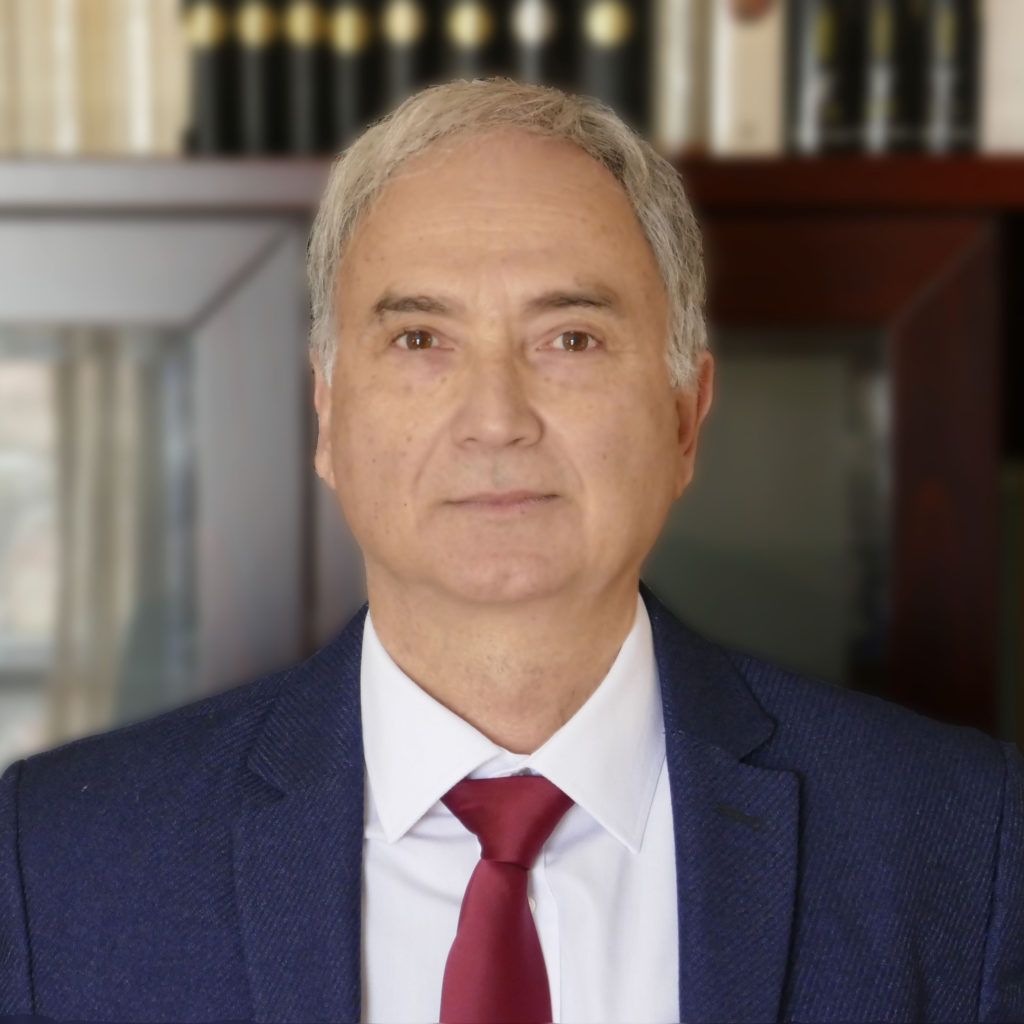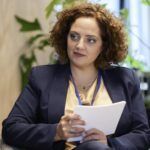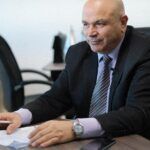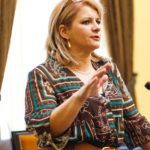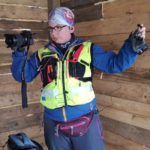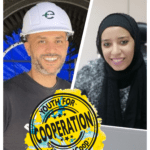Voices from the field
Konstantinos Papatheodorou
Preparing to survive earthquakes
The recent devastating earthquake in Türkiye has questioned all of us: ‘how prepared are we to face natural disasters?’ The Greek, Turkish, Romanian and Moldovan partners of the REDACt project are working on enhancing the preparedness to earthquakes in the Black Sea Basin, targeting both competent authorities and citizens. We have talked to Konstantinos Papatheodorou, Professor of Applied Geology and Geoinformatics at the International Hellenic University – the lead partner – how to be best ready for an earthquake emergency.
The first minutes during an earthquake are crucial in saving lives. What are the first actions to be taken?
If we talk about citizens, there are only very few things to do during and after an earthquake to stay safe. But people can do a lot beforehand to act efficiently during those critical moments, creating less load to 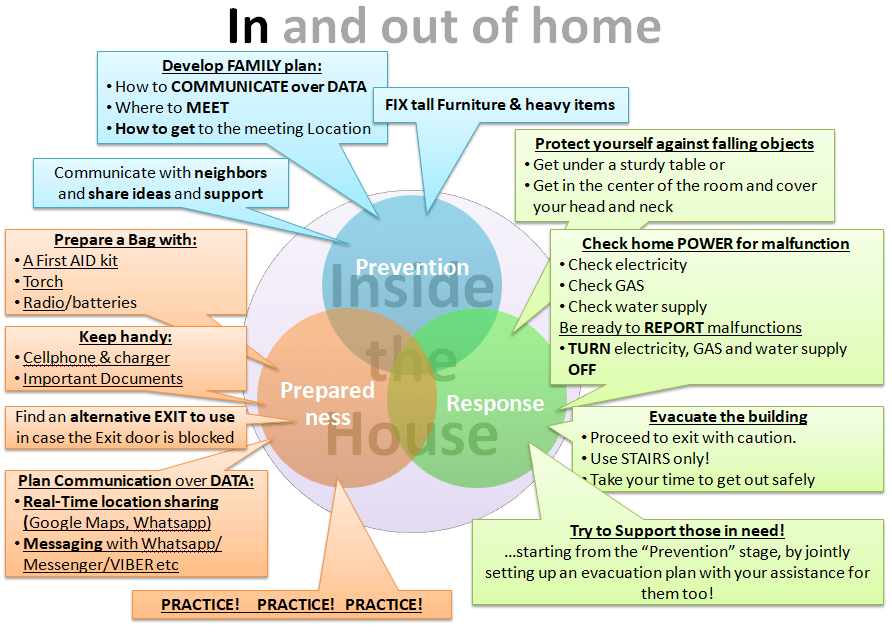 the civil protection authorities. Thus, a great importance gains the prevention phase. Removing heavy objects from high places, fixing well furniture to the wall, checking lifelines and turning off supplies (water, electricity, gas), evacuating the building by stairs, staying away from building facades, electricity lines and cables, and finally moving towards the closest safe area – these are the basic rules. Furthermore, some more rules can be added based on observations from the recent earthquakes: avoid making mobile calls – an earthquake provokes a heavy load on the mobile network, so it may collapse, disrupting any further communication. It is strongly advised to use data for communication and send a text message instead. All these actions must be planned in advance. We are disseminating this information through our Educational Hub – a tool to raise public awareness and public reaction capacity during emergencies in the Black Sea basin.
the civil protection authorities. Thus, a great importance gains the prevention phase. Removing heavy objects from high places, fixing well furniture to the wall, checking lifelines and turning off supplies (water, electricity, gas), evacuating the building by stairs, staying away from building facades, electricity lines and cables, and finally moving towards the closest safe area – these are the basic rules. Furthermore, some more rules can be added based on observations from the recent earthquakes: avoid making mobile calls – an earthquake provokes a heavy load on the mobile network, so it may collapse, disrupting any further communication. It is strongly advised to use data for communication and send a text message instead. All these actions must be planned in advance. We are disseminating this information through our Educational Hub – a tool to raise public awareness and public reaction capacity during emergencies in the Black Sea basin.
So, the Educational Hub is your recent project result. Could you tell us more about it?
The REDACt Educational Hub supplements guidelines and best practices published by the competent national authorities, offering simple and easy-to-follow tips, ideas and digital tools graspable by non-experts. The contents of the Edu-Hub are based on the potential solutions to the problems related to public response, such as panic, traffic jams, comprehension of risks, search for safe locations and possible routes towards them during an emergency. To do so, we had to investigate each of those problems. For instance, why do people panic? It is due to the self-preservation instinct, which is enhanced by the fact that people do not know the impact and extent of the earthquake consequences. Panic is further exacerbated by concerns regarding the lives of family members, or assets of interest. Worried people often ignore the danger and expose themselves to risks. A solution can be provided by an app allowing to share the live location of a person with others, and to trace him or her moving towards a meeting point. This is one way to remove an important reason for panicking. Another problem is related to unawareness of safe locations. Within the project we have built a map of safe locations in Greece, at this point for Anatoliki Makedonia and Thraki, but we intend to expand the map coverage as additional data become available. By clicking on one of those locations on the map, one can get useful information (address, coordinates, etc), and a second click navigates towards a selected safe location. Quite simple! I invite everyone to visit and explore our Educational Hub.
Talking about an earthquake… it’s not only citizens who must be prepared but, in the first place, the civil protection authorities. How does your project improve their work?
The civil protection authorities need to know what has actually happened in terms of damage, where it has happened (the geographical area), the scale of the impact and other necessary information, or what we call “situation awareness”. In this way, they can take well-informed decisions to dispatch the required forces (personnel and equipment) to different areas. Obviously, the lower the load imposed on the rescuers, the faster and more efficient will be their interventions. The REDACt project supports competent national and regional authorities through the Rapid Earthquake Damage Assessment (REDA) platform which provides scenario-based assessment of an earthquake damage level, assisting the civil protection services to better plan earthquake Disaster Prevention and Preparedness actions. In case of an event, the platform calculates the damage level in real time, gathering and combining actual information from the existing monitoring networks of major stakeholders in the area, including the Disaster and Emergency Management Presidency (AFAD) in Türkiye, the National Institute for Earth Physics (NIEP) in Romania, the Institute of Engineering Seismology and Earthquake Engineering (ITSAK) of the Earthquake Planning Protection Organization (EPPO) in Greece. The REDA platform, together with the REDACt smartphone app and the Educational Hub, form a Rapid Earthquake Damage Assessment System (REDAS). We have additionally improved this system by installing low-cost accelerometers in selected 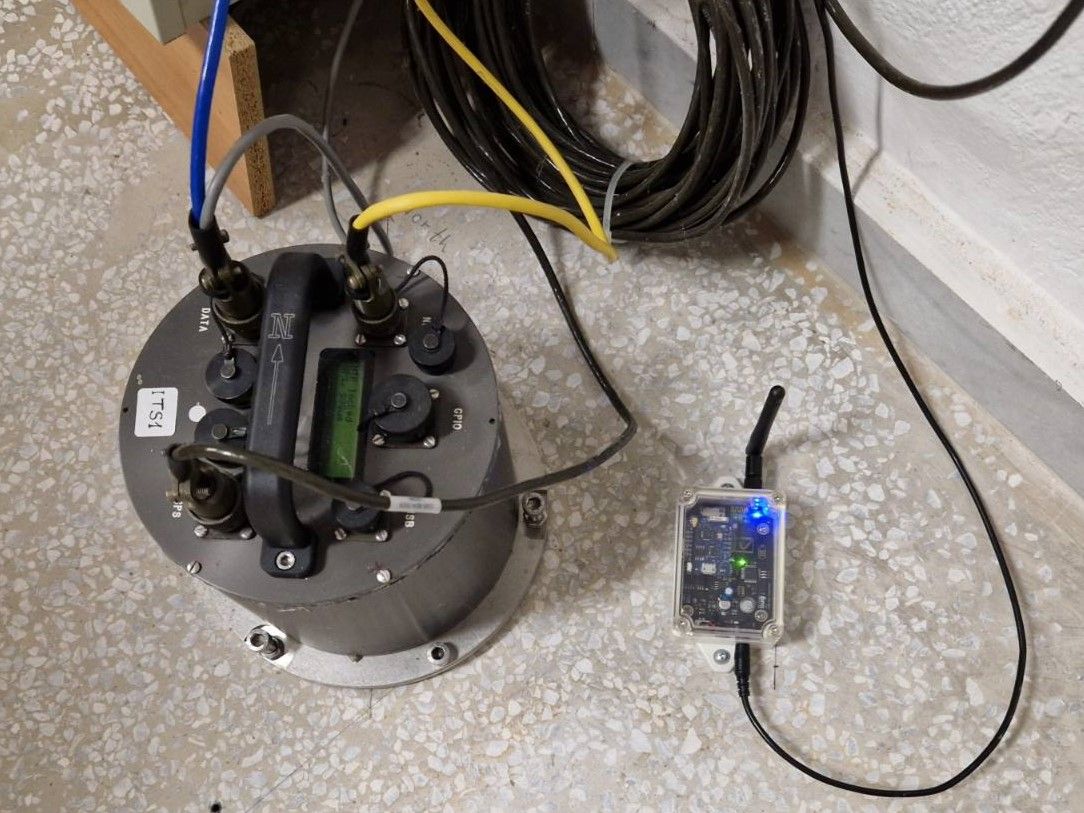 buildings to build a dense monitoring network in urban areas, achieving the highest possible accuracy in estimation of ground motion parameters, which is a critical constituent of the overall earthquake damage assessment process.
buildings to build a dense monitoring network in urban areas, achieving the highest possible accuracy in estimation of ground motion parameters, which is a critical constituent of the overall earthquake damage assessment process.
Why cooperation across borders – in sharing environmental data and monitoring information, developing common policies and damage assessment systems – is important for earthquake prevention and emergency response?
Earthquakes recognize no borders, and we have witnessed this recently. Combining data and information from both sides of the border helps to develop a “complete image” – a natural model – of the problem, instead of having disaggregated parts which usually do not fit each other, therefore, considerably improving the accuracy and reliability of the research results. Moreover, the fusion of scientific knowledge, competencies, and experience from all sides of borders helps to improve the collective knowledge and to develop systems which would be very difficult to develop otherwise. A clear example is the REDA platform created within our project. Additionally, communication and cooperation across borders can greatly improve efficiency of competent national authorities and assist people living in the cross-border area: we have recently witnessed this when different rescue teams rushed to help people in Türkiye.
What makes your project unique for the Black Sea basin?
This project is quite ambitious. It intends to respond to major scientific and practical problems related to Earthquake Disaster mitigation – all at once! It has brought together not only the partners but also major stakeholders, such as competent national authorities operating in the area, with the highest level of expertise who maintain earthquake monitoring networks. They have all contributed to harmonization of data and information related to the project objectives, which we have applied on the REDA platform. These organisations will use the REDA system to exchange data and information and produce earthquake related reports. It must also be noted that this is the only existing REDA system that covers cross-border areas.
Based on the results achieved, what are your plans for the future?
Taking stock of the results of the REDACt project, we have developed a new project “Earthquake Resilient Schools” (EReS) which started on 1 March. This project will capitalise on the REDA platform, the Educational Hub and will install new generation accelerometers to monitor ground motion and dynamic response in school buildings in the cross-border area between Greece and Türkiye. This is another step ahead to increase community resilience against earthquakes. Lessons learned and experiences gained by the REDACt project can be replicated in other countries around the Black Sea and focus on schools or any other “high value” buildings (e.g. hospitals, power stations etc) and infrastructure objects, like gas pipelines.
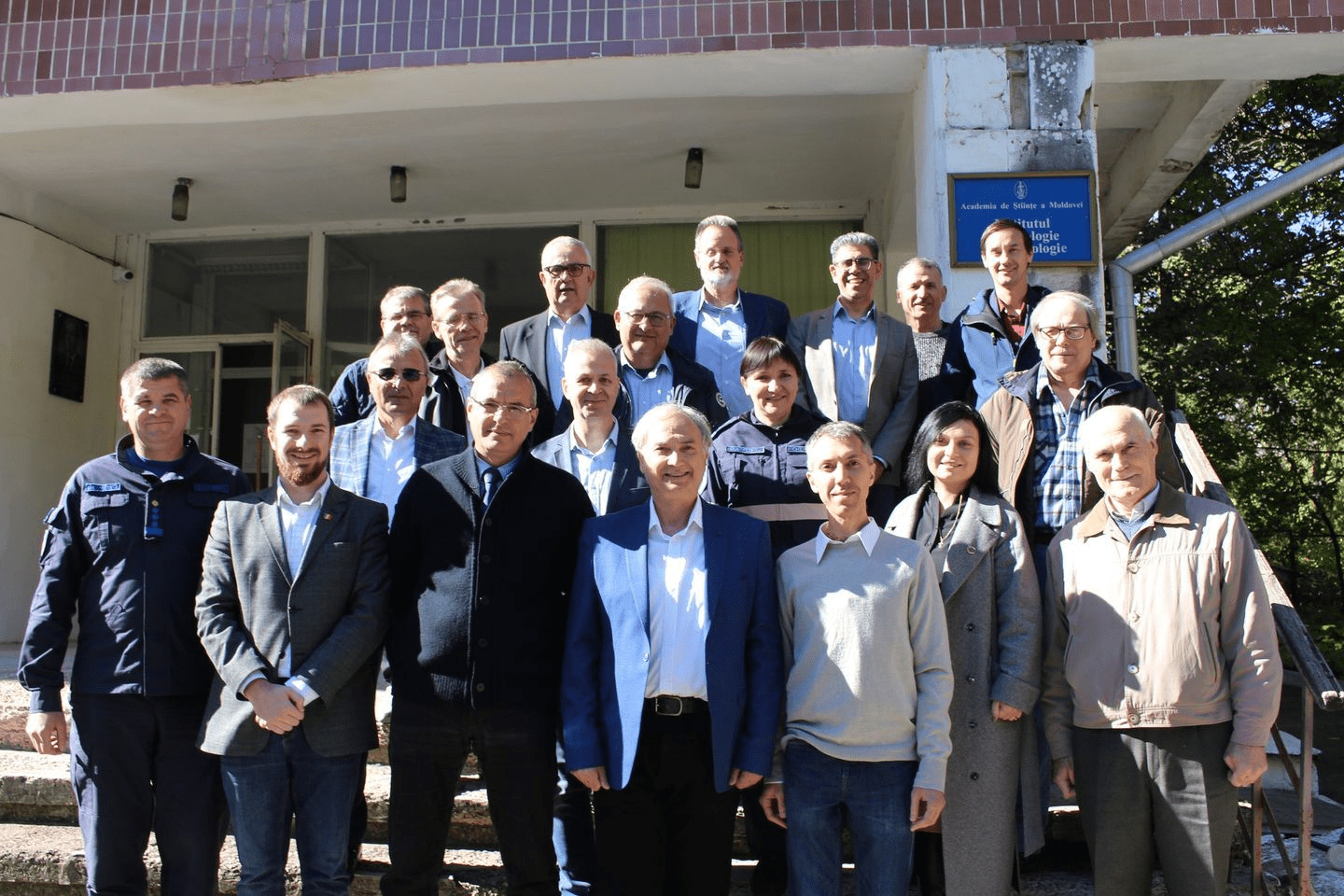
REDACT project Team members and representatives of major stakeholders, at the project meeting in Chisinau, Moldova
